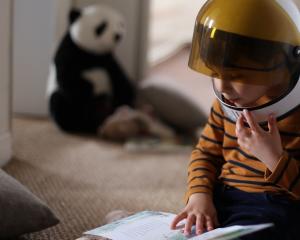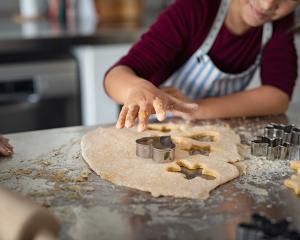

I’m feeling a little stressed as possibly you are. Many Aucklanders are no doubt feeling especially stressed. And so are our youngsters.
Stress is an inevitable and essential part of life and, while we naturally want to protect our children from hurt, it’s not possible to protect them totally from stress, and we shouldn’t try to. Some stress can be beneficial, even healthy. For example, pre-exam or competition nerves can assist with achieving peak performance.
If we shelter them completely from life’s disappointments or fight all their battles for them, we’ll be doing them a great disservice. While protecting them from immediate stress, we would be condemning them to a future of not coping with what adult life throws at them.
Failure and disappointment are part and parcel of life, like the current ones of missed birthday parties, school camps, sports tournaments and grandparents, or not making the sports team or the choir, or not getting the part they wanted in the school play or first in biology.
Children need to learn how to cope with these disappointments and psychologist Susan Siroly has some tips for preparing them for handling the stress associated with failure and disappointment.
Make space for feelings. Let them express their disappointments. Our job is to listen, understand, acknowledge their pain and disappointment and keep them talking to help them in preparation for moving on.
Our job is not to fix things. We shouldn’t be tempted to breach lockdown rules just a little, or race down to the school to sort out the coach.
Differentiate between the event and the child. They’ll need help to see that failing a test or missing selection is a disappointing event but doesn’t mean that they’re unworthy or a failure. Keep the focus on the event and away from “I’m useless”.
Move to discussing how they could better prepare for selection or for the test next time or what we might be able to do after lockdown or next year. Help them find the strengths they have in the area of concern and how the task could be better handled. It should be a forward-looking discussion that focuses on the next time, rather than a stressful, negative postmortem.
The key question should eventually be “What did you learn from it?”.
And remember that a good laugh together can help keep things in perspective.
At other times, celebrate what our kids do well or lockdown’s bigger picture of keeping us safe and saving lives. This helps to balance failures, allowing them to better meet the challenges and to learn they can and will survive and will be the stronger for it after the pain has gone.













